 Concerned about pesticide residues in your food?
Concerned about pesticide residues in your food?The Dirty Dozen is based on PAN UK’s analysis of the UK government’s pesticide residue testing programme and reveals the produce most likely to contain cocktails of multiple pesticides (i.e. residues of more than one pesticide). The list is based on results from 2023 - the most recent year for which data is available.
Pesticides used in agriculture can often leave detectable traces of chemicals in, or on, our food known as ‘residues’. The residues detected on a food item will depend on a range of factors including which pesticides have been used, when in the growing season they were applied and how persistent they are, in other words, how long they take to decompose.
The UK Government monitors residue levels in food consumed in the UK. Each year, PAN UK analyses the results of the UK’s residue testing programme and publishes the Dirty Dozen list. This is the fruit and vegetables most likely to be contaminated with multiple pesticides, put into a handy list that you can stick on your fridge or in your back pocket to help you make shopping decisions.
We focus on produce with multiple pesticide residues (known as ‘pesticide cocktails’) because the government sets safety limits for just one pesticide at a time, ignoring the growing body of evidence that chemicals can become more harmful when combined.
Download the Dirty dozen report HERE
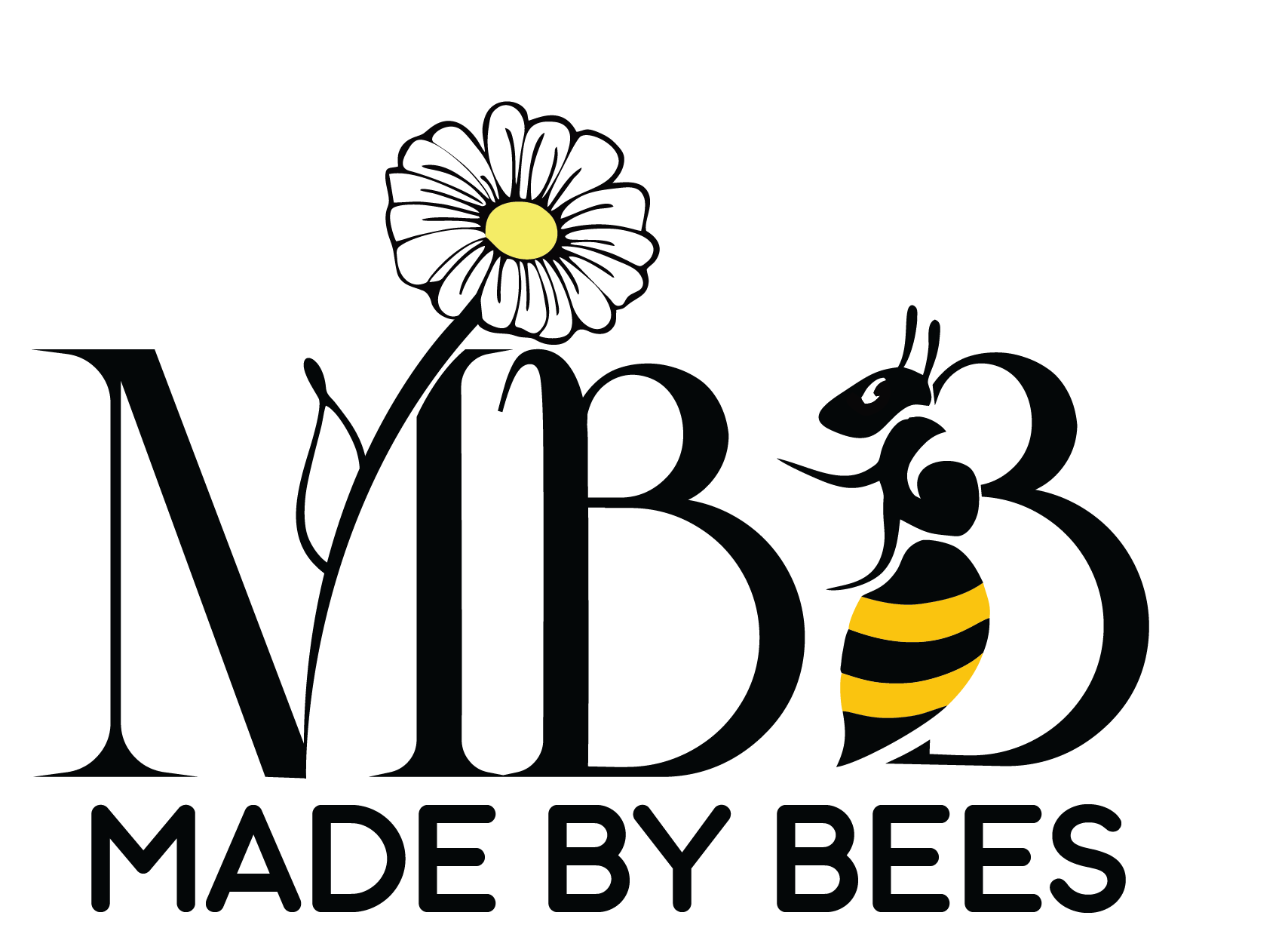
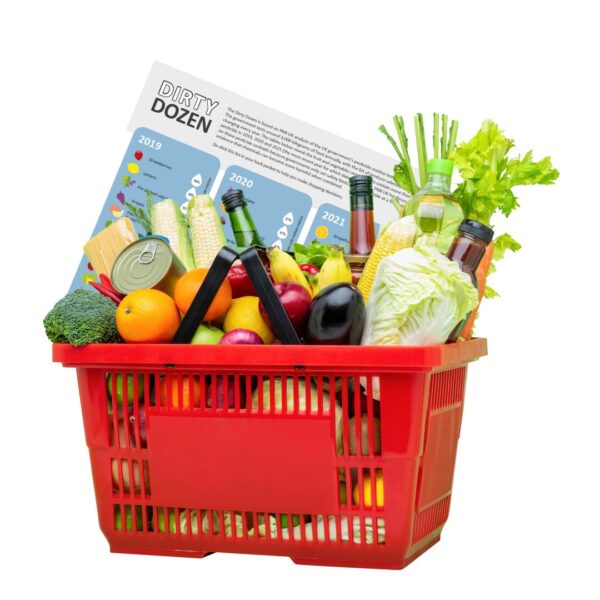
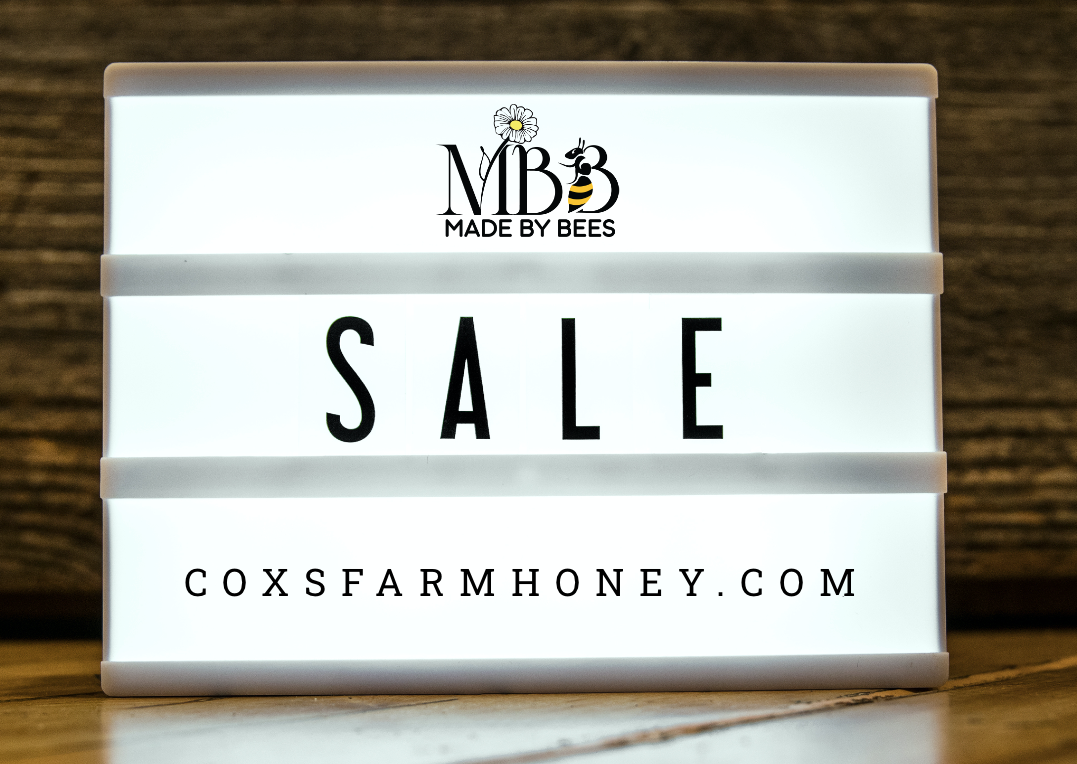
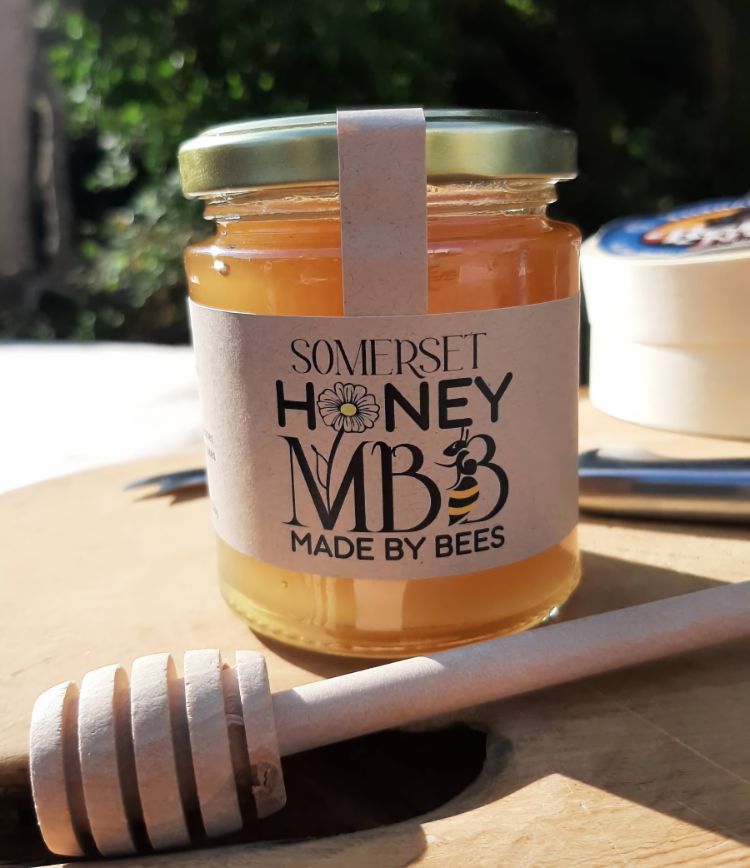
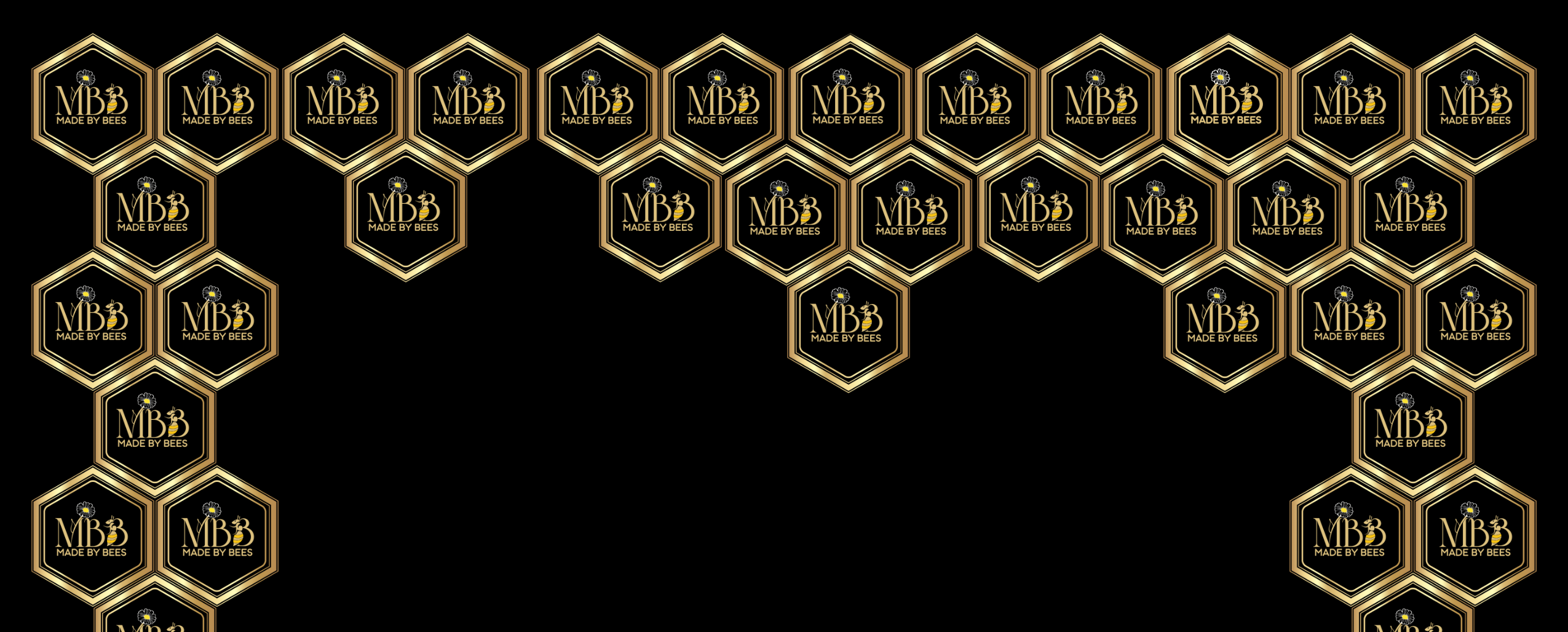
Share:
Bees help tackle elephant-human conflict in Kenya
Gifts that do good